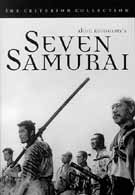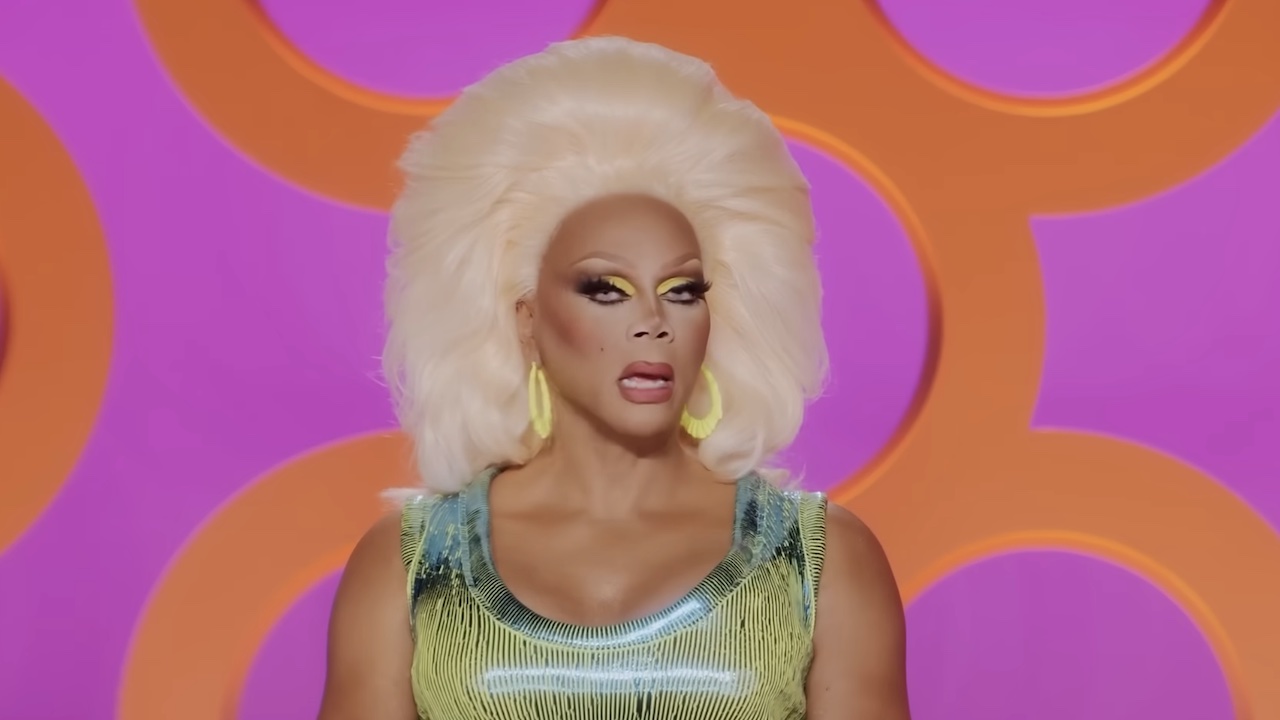I like to begin my review of the so-called “great films” with sweeping generalizations about my subject’s effect on the landscape of cinema. “Changed the action film forever,” “the comedy that all comedies aspire to be,” “a new kind of terror.” It’s a lot of pretentious film critic garbage, calculated to make me look like I know what I’m talking about.
I’m not doing that with The Seven Samurai. Yes, the film is massively influential. It inspired the modern action film, planted the seeds for the spaghetti western, and revolutionized the Japanese film industry. I’m not going to deny any of this – nor will I claim that these are my own thoughts. They come from a much superior source, but more on that anon.
Here’s the thing - The Seven Samurai isn’t an epic. Granted, it has huge, gritty battle scenes and it runs at just under three and a half hours. But it’s not an epic. It’s about a tiny village and seven men honorable enough to defend people who would otherwise revile and fear them.
Bandits are coming, their arrival timed to the ripening of the barley crop. Most of the peasants would fall to despair, but their patriarch sagely suggests they find some warrior willing to work for food. What they get are iconic figures – the leader, the curmudgeon, the hopeful, the heroic buffoon, and the neophyte (and two others that seem tossed in to bring the number to a neat seven).
Director Akira Kurosawa used a telephoto lens, so that the biggest moments seemed to be right on top of the viewer. The most obvious example is during the battles, when the horses appear to trample the screen. The best use, however, is a raging speech given by Toshiro Mifune (playing the self-important clown warrior who reveals surprising depth). Mifune yells and points accusatorily at a point just beyond the camera, and the zoom makes him yell and point accusatorily at us. It is, to say the least, an experience.
Modern action directors, so in love with their quick-flash music video cut, could stand to learn a little something from the editing of The Seven Samurai. There are several instances of rapid cutting, but only when appropriate. They set the mood for intense scenes, and are balanced with many long, single-shot scenes during the film’s more laconic sections. Indeed, the editing here owes more to silent film directors like Eisenstein and D.W. Griffith than other Japanese films of the era.
All of the actors in the film are fine, especially Mifune, who is alternately raging, silly, pensive, and heroic – and often the very extremes of these emotions. One could accuse him of overacting, but this character calls for such wild shifts. The film is also a showcase for Mifune’s natural athleticism. Witness the scene where he effortlessly climbs up a real thatched roof. It’s no trick – that’s really Mifune and he’s really just walking straight up it under his own power.
Your Daily Blend of Entertainment News
The Criterion Collection DVD is sadly lacking features – there’s no documentary, and the article contained in the liner is sadly brief (although pretty dense with its info). We do get a trailer, though, and a commentary track.
The track, by Japanese film expert Michael Jeck, completely blows the movie open. Jeck speaks like the hip film professor who knows everything about your favorite movie. His tone is academic, but friendly. He is exceedingly well prepared, and notes not only why the film works, but also tells interesting stories behind the production, Mifune, and Kurosawa. Very rarely does he call out what’s happening on screen, and when he does, it’s to interject a piece of information that adds depth to the experience (it goes without saying that this is the superior source that I spoke of earlier).
The picture quality is acceptable. Given the age of the film, it’s only natural that the source print would be a little beaten, the blacks faded to dark grays. It’s very watchable, but one hopes that a miracle print comes to us eventually. The sound, in mono, is similarly just good enough. All ye fans of dubbing take heed – the only soundtrack is in Japanese (with optional English subtitles).
The Seven Samurai is a brilliant film – the only caveat, in fact, is that the length and the language barrier make it a difficult movie to get through. It can take an entire day or it may be broken up over two nights, but it is hard to imagine watching the whole thing in one unbroken sitting. Trust me, though, when I say it is well worth the effort.

